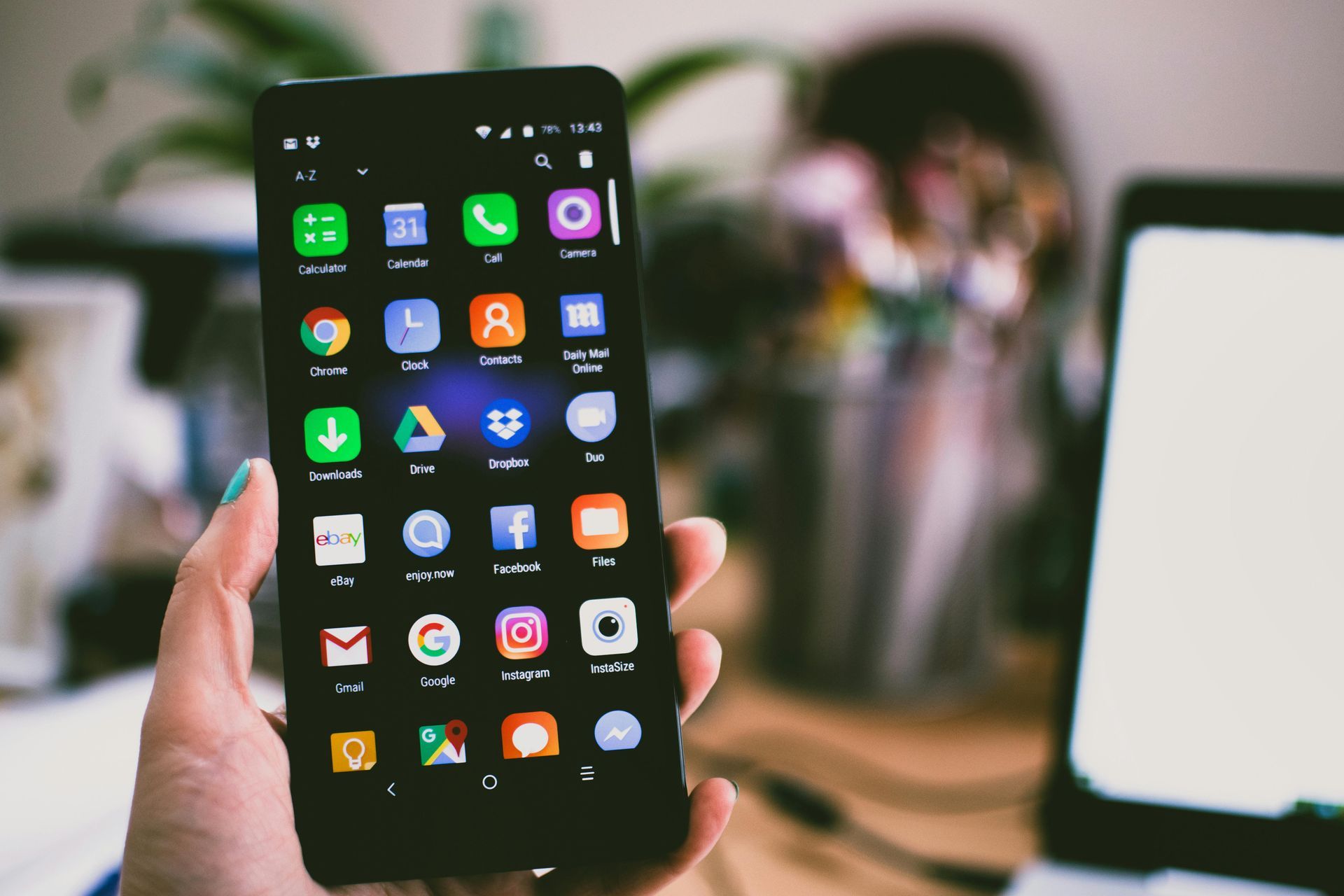Educate First, Sell Later: How Travel Brands Can Win More Business
The travel industry is built on relationships, trust, and expertise. Yet, too many B2B travel brands focus on selling first, pushing out promotional content that lists features, pricing, and company achievements—without first establishing why their audience should care.

The most successful travel brands take a different approach. They educate first and sell later. Instead of immediately pushing their product or service, they build trust, provide value, and position themselves as industry experts. When travel agents, tour operators, or technology buyers are ready to make a decision, these brands are already front of mind.
If your marketing is focused solely on selling, it’s time to shift gears. Here’s why education-driven marketing is the key to winning more business in B2B travel—and how to do it effectively.
Why Selling First No Longer Works in B2B Travel
B2B buyers have changed. They no longer rely on salespeople to educate them about products and services. Instead, they conduct their own research, look for trusted sources of information, and engage with brands that provide valuable insights before making a purchase decision.
A study by Gartner found that 67% of a B2B buyer’s journey happens digitally before they ever speak to a sales representative. This means that if your brand isn’t delivering valuable content at the research stage, you’re missing out on potential business.
For travel brands, this shift means that simply listing features and pricing isn’t enough. Buyers want to know:
- How will this solution solve my problem?
- What do industry experts think about this trend?
- How have other travel businesses benefited from this product or service?
If your marketing is only focused on selling, potential clients will move on to a brand that helps them understand their challenges, explore solutions, and make informed decisions.
How Educating First Builds Trust and Drives Sales
When travel brands educate first, they achieve three key things.
They establish authority. When a brand shares valuable insights, potential buyers start to see them as a knowledgeable, trustworthy source.
They build relationships. Instead of pushing a hard sell, they create meaningful connections with their audience by addressing real challenges.
They increase conversions. Buyers are more likely to choose a brand that has helped them understand their needs and solutions rather than one that has simply tried to sell to them.
A travel technology company, for example, could try two approaches.
Selling first: “Our booking system offers seamless supplier integrations!”
Educating first: “Are fragmented supplier integrations slowing down your bookings? Here’s how to streamline operations and improve efficiency.”
The second approach engages the audience, addresses a real pain point, and positions the company as a helpful expert—making the eventual sales conversation much easier.
How to Shift from Selling to Educating in B2B Travel Marketing
Mar
Lead with Industry Insights, Not Product Pitches
B2B buyers want useful, relevant, and practical content. Instead of talking about what you sell, focus on what your audience needs to know.
Educational content could include:
- Industry reports on upcoming travel trends
- Webinars with expert discussions on policy changes or technology shifts
- Case studies showing how travel businesses have solved common challenges
- Blog posts offering practical advice on increasing bookings or improving operations
By consistently sharing valuable insights, your brand becomes the go-to resource in your sector. When potential clients need a solution, they will naturally turn to you.
Show, Don’t Just Tell
If you claim that your product or service boosts conversions, increases efficiency, or saves time, you need to prove it. The best way to do this is through:
- Case studies that demonstrate measurable results
- Customer testimonials that showcase real success stories
- Video content that visually explains how your offering works
For example, rather than stating, “Our platform improves travel agent productivity,” a stronger approach would be:
"After implementing our booking technology, a UK-based travel agency reduced admin time by 30% and increased repeat bookings by 20%. Here’s how they did it."
This approach makes the benefit tangible, real, and far more persuasive than a generic sales claim.
Answer the Questions Your Buyers Are Asking
One of the easiest ways to shift to an education-first strategy is to create content that directly answers the questions your potential clients are asking.
Think about the most common challenges facing travel agents, tour operators, or DMCs. Then, develop content that provides solutions.
Instead of posting:
"Our system makes it easier to manage bookings!"
Try:
"How can travel agencies reduce time spent on manual booking management? Here’s what leading agencies are doing."
This approach draws potential buyers in, engages them with useful insights, and naturally introduces your solution—without a hard sell.
Use LinkedIn and Webinars to Educate and Engage
For B2B travel marketing, LinkedIn is the most powerful platform for education-driven content. Brands that consistently share industry insights, expert discussions, and thought leadership posts see far higher engagement than those that simply promote their products.
Instead of posting about your product’s latest features, share:
- A breakdown of how upcoming travel regulations will impact tour operators
- A discussion on why AI is changing the future of travel bookings
- A live webinar where industry experts share tips on increasing direct sales
Webinars are particularly effective because they allow real-time interaction with your audience. They provide an opportunity to share expertise, answer questions, and establish trust, making them a powerful tool for nurturing leads.
A session titled “How to Increase Direct Bookings with Smart Content Marketing” will attract far more interest than a straightforward product demo. The key is to offer value first—sales will follow naturally.
Educate First, and Sales Will Follow
The most successful B2B travel brands understand that education builds trust, trust builds relationships, and relationships drive sales.
If your marketing is purely focused on selling, you’re missing out on the opportunity to engage, inform, and convert potential clients long before they’re ready to buy. By shifting to an education-first strategy, you position your brand as an industry leader—ensuring that when buyers are ready to make a decision, they choose you.
The Travel Vox specialises in helping B2B travel businesses move beyond outdated sales tactics and create high-impact marketing strategies that educate, engage, and convert. If you’re ready to position your brand as an industry leader, let’s start a conversation.

get in touch
STAY TUNED
Contact Us
We will get back to you as soon as possible.
Please try again later.
All Rights Reserved | TravelVox Ltd
Mill Lane, Wimborne, Dorset, United Kingdom, BH21 1LN
Company number 15989094









